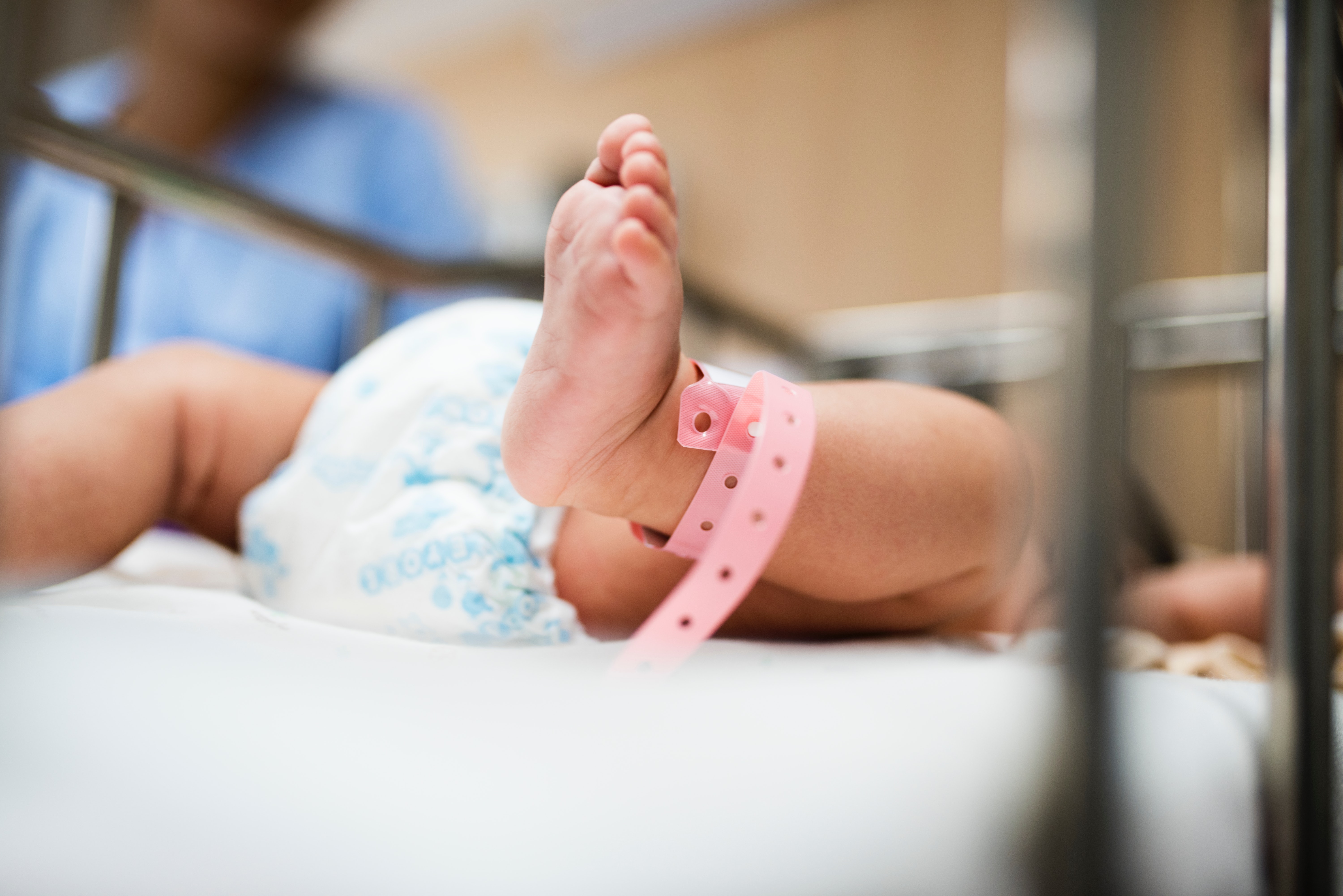SHARES

That was a mouthful to say at one go, but yes, did you know ?
Hearing loss has often been considered an invisible problem which is odd really. Out of all our senses it seems hearing and vision are the two that pave the way – especially in early development. Much of early parent/child bonding happens between vision and hearing.
What starts as the development of hearing and vision, kindles the infant’s ability to bond with parents. Babies’ earliest form of conversation is firstly, connect by holding the gaze of the parents. Secondly, babies respond to their voices via cooing and gurgling. Accordingly, critical neural links are formed whenever babies fully use the senses from infant-hood. Hence, when these senses don’t work properly or not well – everything is impacted.
While hearing loss can occur at any age, early detection at birth or in early childhood means addressing hearing loss before it significantly impacts your child’s life. Is it possible to detect hearing loss in newborns? Fortunately, yes!
What To Look For
To begin with, one way parents can monitor their child’s hearing development is by observing whether the baby hits the hearing (and also speech) milestones. Below is a summary of hearing milestones from the The American Speech-Language-Hearing Association (ASHA) which you can monitor.
From birth to four months, your infant should:
- Startle at loud sounds
- Wake up or stir at loud noises
- Respond to your voice by smiling or cooing
- Calm down at a familiar voice
From 4 months to 9 months, your infant should:
- Smile when spoken to
- Notice toys that make sounds
- Turn its head toward familiar sounds
From 9 to 15 months, your infant should:
- Understand basic requests
- Use its voice to get your attention
- Respond to name
If you notice that your infant has not hit the milestones, consult a pediatric audiologist. A pediatric audiologist would be able to screen and identify the cause of your child’s loss in hearing. Sometimes the problem is possibly a brief incapacity because of earwax buildup or an obstruction.
The first three years of life is pivotal to the development of a child. A time of rapid cognitive, linguistic, social, emotional and motor growth. Each time the child uses one of the senses, a neural connection is made in the child’s brain. New experiences repeated many times help make new connections, which shape the way the child thinks, feels, behaves and learns now and in the future.
For that reason, I can not stress how important it is for parents to get their infants checked. The fact that new parents have the opportunity in screening their babies for hearing defects is incredible and let me tell you why. Timely diagnosis and early treatment only means better outcomes for these infants because early treatment makes a big difference.
Furthermore, hearing loss may occur after birth during the child’s development phase. It actually doubles between birth and the age of 5. Therefore, even if an infant passed the hearing test at birth, it does not mean the infant is in the clear. Hence, continuous observation of reaching the milestones throughout childhood is necessary.
Learning of severe to profound hearing loss in a child can be quite surprising news to many parents. The majority of children with hearing loss are born to parents with normal hearing. The encouraging news is that there has never been more hope for children with profound hearing loss. Children with untreated hearing loss often lag behind in speech, social and cognitive skills.
We live in an unprecedented time and there have never been more options in sophisticated hearing aid technologies in improving the hearing and quality of life for children with hearing loss.
by Yashwini Ravindranath
Born & raised in Malaysia, Yashwini earned her M.D. studying in Moscow's Russian National Research Medical University. With an affiliation towards research, all things coffee and the startup ecosystem, she now contributes articles to GetDocSays View all articles by Yashwini Ravindranath.





